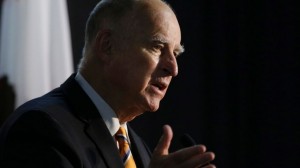Unions in this country have had a checked past and now an undervalued future. In the 20's & 30's the union movement was one of violence by organizers, against organizers by business thugs and organized crime involvement. Organized crime involvement increased after WWII and strengthen its ties to organized labor. In the 50's & 60's American post war prosperity created ever increasing jobs and middle class wealth. Unions helped this process through collective bargaining. This increased wages, and benefits helping to propel blue collar workers into the middle class. Unfortunately, union leadership did not do what business leaders of successful companies do over time - they did not plan for the future. Instead they continued the continued the wage and benefit model to the point that it drove up cost to consumers, requiring close union shops in major cities (NYC, Chicago, etc). With technology change in the 80's & 90's union membership began to decrease and became less valuable. The parasitic 'wage & benefit' negotiating strategy destroyed their 'host' employers (both private companies & public governments). If they had leadership who could have built business plans to anticipate the impact technology would have on their membership, they could still be providing value to American workers and businesses. Instead,
they are now only a left wing political group, forcing unions dues to be paid by non-members and using same for political benefits. With almost no value remaining for the country, they have declining membership and have become a drag on economic growth. If union leadership would develop a plan, that both political parties could align with, there is a chance they could reclaim an important role in the America economy of the 21st century.




